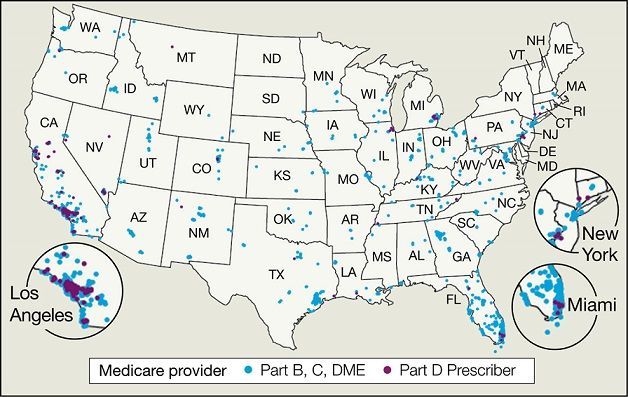- Revenue Cycle Management
- COVID-19
- Reimbursement
- Diabetes Awareness Month
- Risk Management
- Patient Retention
- Staffing
- Medical Economics® 100th Anniversary
- Coding and documentation
- Business of Endocrinology
- Telehealth
- Physicians Financial News
- Cybersecurity
- Cardiovascular Clinical Consult
- Locum Tenens, brought to you by LocumLife®
- Weight Management
- Business of Women's Health
- Practice Efficiency
- Finance and Wealth
- EHRs
- Remote Patient Monitoring
- Sponsored Webinars
- Medical Technology
- Billing and collections
- Acute Pain Management
- Exclusive Content
- Value-based Care
- Business of Pediatrics
- Concierge Medicine 2.0 by Castle Connolly Private Health Partners
- Practice Growth
- Concierge Medicine
- Business of Cardiology
- Implementing the Topcon Ocular Telehealth Platform
- Malpractice
- Influenza
- Sexual Health
- Chronic Conditions
- Technology
- Legal and Policy
- Money
- Opinion
- Vaccines
- Practice Management
- Patient Relations
- Careers
Risk of Physician Medical Identity Fraud
Every year thousands of physicians are victims of medical identity theft, and for a third of those cases it takes more than a year before the thefts are actually discovered.
Physicians are prime targets for fraud. Every year thousands of physicians are victims of medical identity theft, and for a third of those cases it takes more than a year before the thefts are actually discovered. Plus, there are Medicare beneficiaries who might be filling prescriptions for frequently abused drugs for the sole purpose of reselling them on the street.
JAMA
published an article about physician medical identity theft by Shantanu Agrawal, MD, and Peter Budetti, MD, JD, bringing to light how these thefts occur, what they entail and how to prevent them.
What happens in these cases is that a physician’s unique medical id — the National Provider Identified, Tax Identification Number and medical licensure information — is used “to obtain or bill public or private payers for fraudulent medical goods or services.”
In 2009 there were 3,600 cases of patient and physician medical identity theft. And right now the Centers for Medicare and Medicaid Services has a database of 5,300 compromised Medicare physician identification numbers. Los Angeles, Miami and New York are the three hottest spots in the country.

Geographic Distribution of Compromised Medicare Physician Numbers (Continental United States, December 2011)
The most common fraud scheme is the false store front. In 2010 in Los Angeles 49 false store fronts billed $52 million through compromised identifiers.
Physicians who permit misuse of their identities can find themselves a number of penalties, such as facing criminal prosecution, monetary penalties or incarceration. Even physicians who find themselves victims can initially find themselves with financial liabilities until the records can be cleared. Those who work with multiple organizations are particularly at risk.
“Physicians can face liabilities such as financial or tax obligations for earnings they never received or by being the physician of record for services they did not order or render,” the authors wrote.
“More work is needed in this area, starting with improved education and awareness,” Agrawal and Budetti wrote. “As risk factors and fraud schemes continue to expand and evolve, improved vigilance by individuals and health care organizations is required to secure patient and physician medical identities.”
Go here to read the entire piece.
Read more:
Physician's Combating Medicare Drug Fraud
Divulging identifiers to staff members puts a physician at high risk of identity theft, so controlling that information is one way to lessen the chance of identity theft. Other ways include monitoring billing and compliance processes, and actively managing enrollment information with payers.
